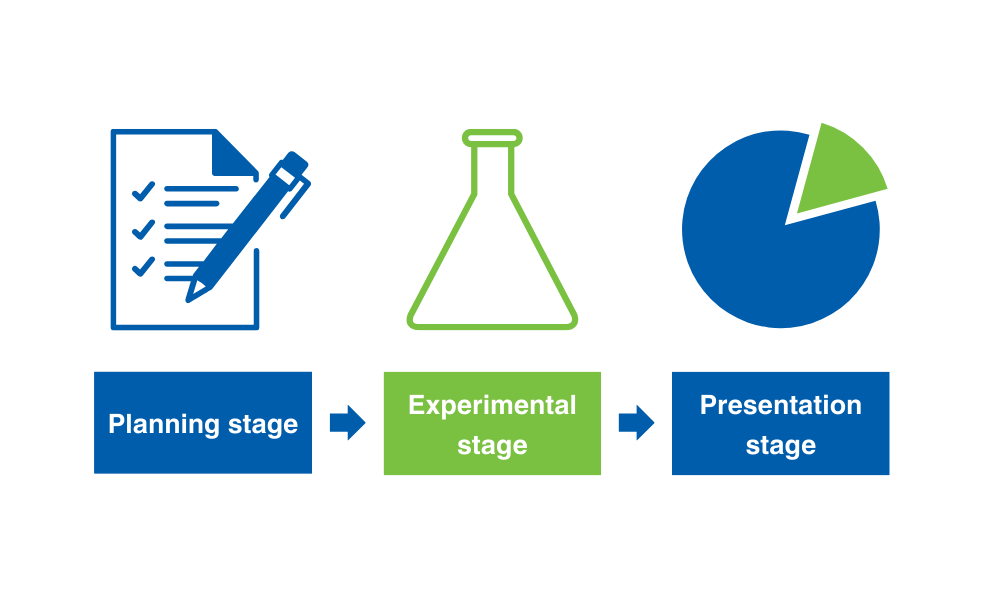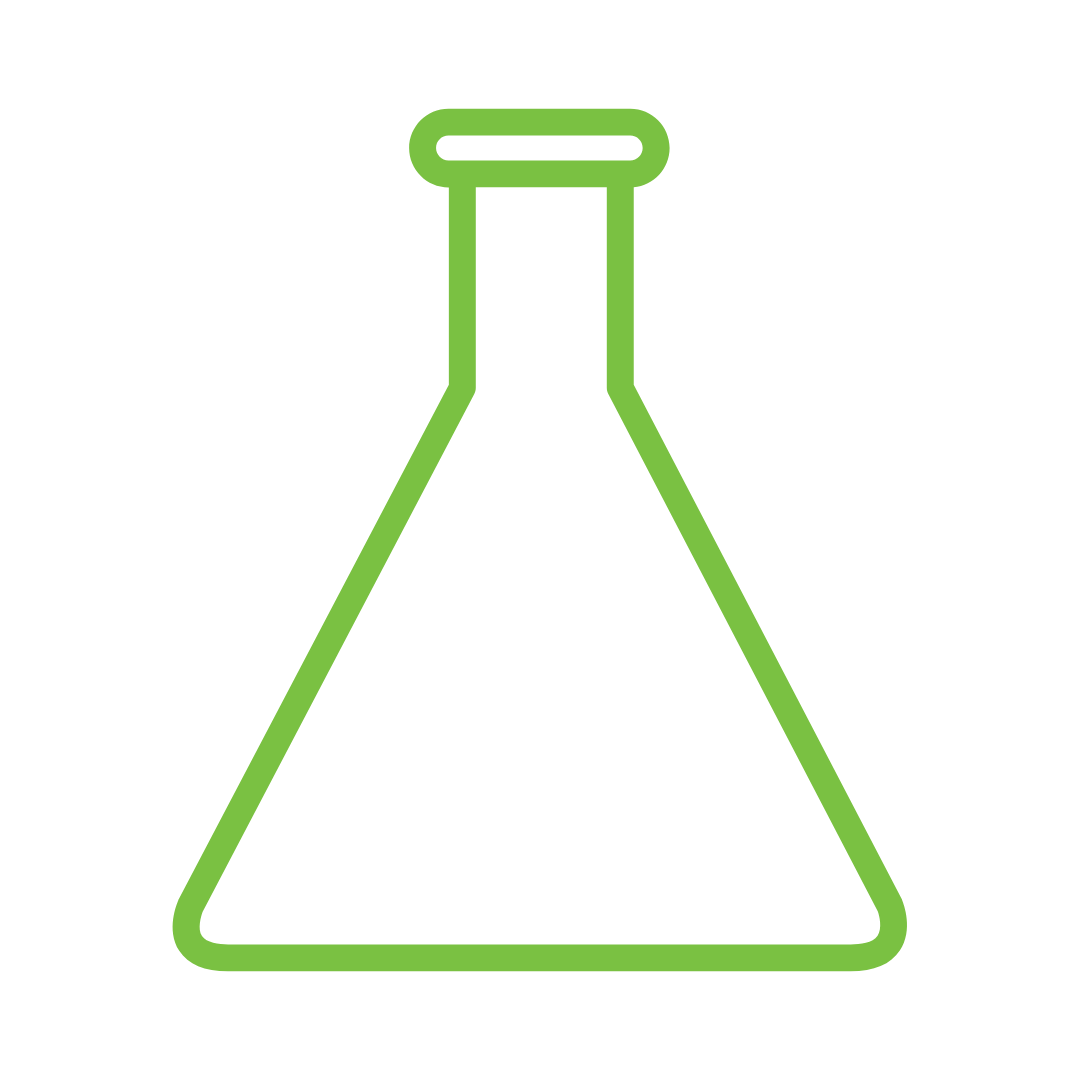Research 101
What is Research?
Research is a process of discovering and/or building on existing knowledge by performing1 a series of steps that are taken to collect information and achieve an end goal that is tied to the purpose of the research.
The goal of health research is to help keep people healthy and this leads to improved detection and diagnosis of disease, more effective options for prevention and treatment, and strengthening the health-care system overall3.
Helpful Links:
The following link provides a more detailed introduction to research:
The following link provides more information on health research:
The following link is a helpful resource for defining what clinical trials are and its various components such as design, what randomization means, what the phases of clinical trials are, etc.:
The following link provides a glossary of common terms used in research:
A Glossary of Health Care Terms
Importance of Research:
- To ensure that current knowledge and future research best represents the needs of people who are affected.
- Develop a better understanding of how people are affected by different types of illness and disease and better understand if factors such as age, gender, location etc. have an impact.
- Update information, make recommendations, and add knowledge to past research.
- Make improvements in patient care and such as1:
- Better diagnostic testing and increased prevention of illness by improving existing medical procedures and practices.
- Developing new methods of treating illness and disease in the form of better medication, vaccines, therapies and treatments.
- Better addressing the needs of health-care providers.
- Improving the delivery of health care series by removing/reducing barriers.
- Develop a better understanding of how illnesses impact patients by1:
- Discovering the ways that social, cultural, environmental, occupational, and economic factors affect illness.
- Reducing the cost of care.
- Improving and expanding on scientific knowledge of illness and disease.
Stages of Research:

A research study can be organized into 3 different stages which are: the initial planning, conducting the experiment, and presentation of the results2 which can be defined as follows:
 The planning stage consists of building the foundation of the research project by creating concrete goals. Activities that are done during this stage include agenda setting, getting funding and selecting research topics2.
The planning stage consists of building the foundation of the research project by creating concrete goals. Activities that are done during this stage include agenda setting, getting funding and selecting research topics2.
The planning stage is the first part of research where the most important goals are set in order to guide the research project. Activities that are done during this stage includes choosing research topics, getting funding and creating a rough draft of the project timeline.
 The experimental stage consists of creating a study design that will outline how the experiment will be conducted, how participants will be recruited and how data will be collected. Data analysis and interpretation also fall into this phase of research2.
The experimental stage consists of creating a study design that will outline how the experiment will be conducted, how participants will be recruited and how data will be collected. Data analysis and interpretation also fall into this phase of research2.
The experimental stage is the second part of research where the research project is designed by creating the steps for the experiment, finding research participants and collecting data. Also, after the data is collected, everything is examined and recorded.
 The presentation stage of research consists of presenting the results to a wider audience such as stakeholders and the general public. Additionally, this phase involves knowledge translation which consists of discussing what was learned, how the findings can be implemented, and what changes could be made when conducting future research2.
The presentation stage of research consists of presenting the results to a wider audience such as stakeholders and the general public. Additionally, this phase involves knowledge translation which consists of discussing what was learned, how the findings can be implemented, and what changes could be made when conducting future research2.
The presentation stage is the third part of research where the final report is made and shared with the wider public. During this stage the research team talk about what they have learned, why it is important and how this information can be used.
References
*This is not an inclusive list
- Western Sydney University. (2020, January 5). Definition of research. Western Sydney University. Retrieved April 30, 2023, from https://www.westernsydney.edu.au/research/researchers/preparing_a_grant_application/dest_definition_of_research#:~:text=Research%20is%20defined%20as%20the,to%20new%20and%20creative%20outcomes.
- Tscherning, S.C., Bekker, H.L., Vedelø, T.W. et al.How to engage patient partners in health service research: a scoping review protocol. Res Involv Engagem 7, 20 (2021). https://doi.org/10.1186/s40900-021-00268-z
- (2022, November 9). What is health research?. CIHR. https://cihr-irsc.gc.ca/e/53146.html





